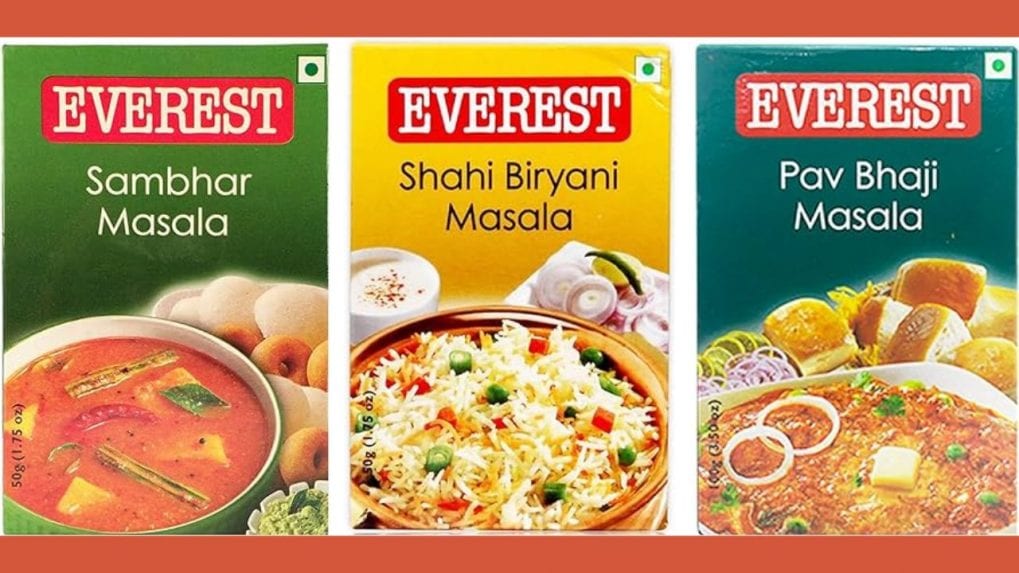How it Works
WPP, Havas, Omnicom: Are advertising’s biggest holdcos recasting agencies as AI Operating Systems?

The government of India has conducted tests on the presence of this carcinogenic chemical in the Indian spice brands and has found that some samples of Everest Spices were non-compliant under the strictest standards (0.1 mg per Kg) regarding the presence of ethylene oxide (EtO). Meanwhile, the samples of MDH were found to be compliant.
This comes after the two Indian spice brands— MDH and Everest – were recalled in Singapore and Hong Kong due to the presence of EtO residue in certain spices. After carrying out sample testing from both these companies, it found that all 18 samples of MDH were compliant with standards. However, in the case of Everest, some of the samples (out of 12) were non-complaint and for that it has asked the brand to take corrective actions.
It is to be noted that different countries follow different MRL (maximum residual limit) for EtO. While the EU has fixed this limit at 0.02-0.1 mg per kg, Singapore's limit is 50 mg per kg and Japan has 0.01 mg per kg. These samples were tested for 0.1 mg per kg.
As per the government officials, the requirements for MRL are evolving over time and the spices industry is fully aware of this. "Our compliances have gone up and our rejections have gone down," the official said, adding that the government is also running training programmes with the US FDA and World Trade Organisation for capacity building of spices exporters so that they meet the MRL requirements.
From purpose-driven work and narrative-rich brand films to AI-enabled ideas and creator-led collaborations, the awards reflect the full spectrum of modern creativity.
Read MoreThe Storyboard18 Awards for Creativity have unveiled a Grand Jury comprising some of India’s most influential leaders across advertising, business, policy and culture, positioning it among the country’s most prestigious creative award platforms.